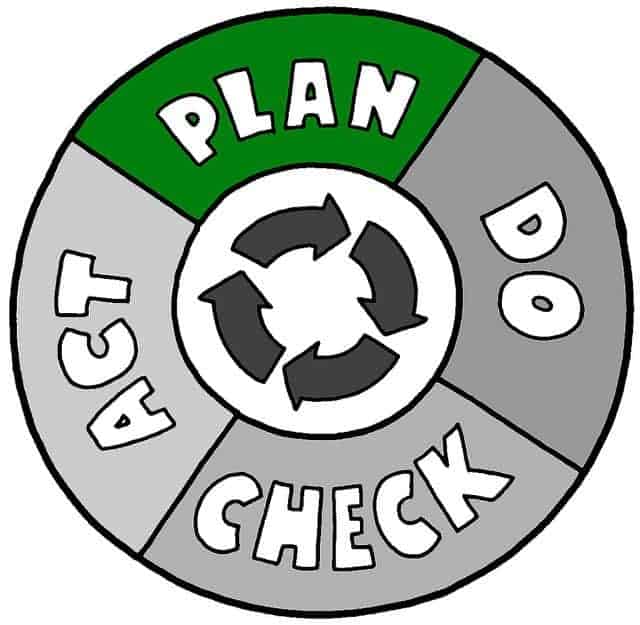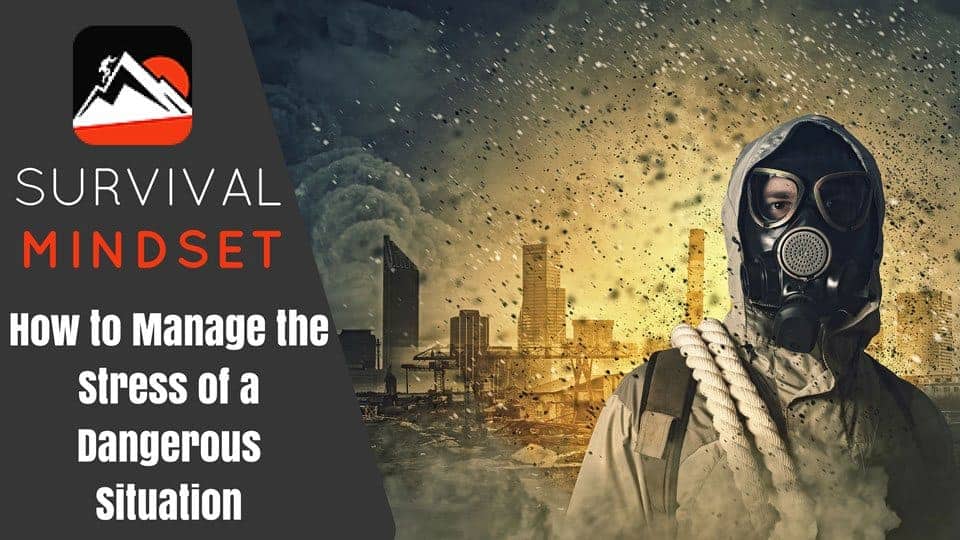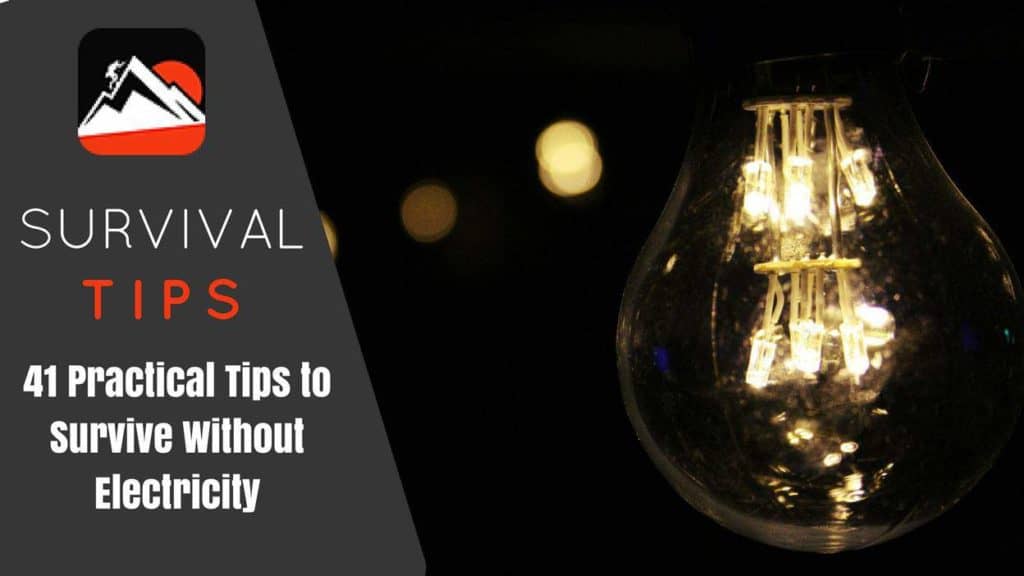Contents
Have you ever thought about what separates an individual who survives a disaster from one that does not? Most often, survivors are individuals who can:
- Respond quickly.
- Have a clear understanding of what needs to be done.
- Are not stressed by taking complex actions or thinking outside of the box.
- Have the ability to focus completely on the task at hand.
Aside from making tasks easier to carry out, survival psychology reduces the effects of fatigue, shock, and other elements that lead to panic and destruction. By contrast, those who most inclined to be injured or die are the ones that cannot think logically, rely almost exclusively on pre-programmed responses instead of matching action to the situation at hand, become highly stressed, or completely shut down when a crisis occurs. Survival means being able to control your fears, manage your emotions, and keep your ego in check. To truly be prepared to survive, you need to cultivate a mindset that goes far beyond just having the skills or good equipment to face the hardships of a disaster. This article offers some advice on developing a healthy mindset that will increase the likelihood of surviving both short term and long term crisis situations.
“It is not often that a man can make opportunities for himself.
But he can put himself in such shape that when or if the opportunities come he is ready.” ―
How to Overcome Fear

No matter how much stress you may be under, your response determines how well you will overcome any challenge at hand. To survive, you must know how to control your fear. In some people, fear can take over to the point that they are totally unable to act. In others people, fear causes a “fight or flight” response. If fear causes you to jump to conclusions or make the wrong decision, it will lead to a bad ending. Usually, if you manage to survive the situation and look back, you will know exactly where your fear took hold and robbed you of the common sense that would have shown you a better way to approach the problem. To Gain Control of Your Fears:
- Leave Your Ego at the Door – If you have too much ego, or think you are always right, rest assured there is a fear hiding under that outlook. The fear of being wrong can cost your life and the lives of others that may depend on you in a crisis. Don’t assume you know everything or that your answers are the only ones that will work. Fear is what drives your ego, and when things don’t go as you thought they would, it will be that very same fear that leads to destruction.
- Do Not Fear Fear – Most people consider fear or anxiety to be a weakness and do not have the ability to evaluate themselves on what might make them scared or afraid.
- As an individual, you must analyze what things would cause you to be afraid. Once you know your fears it is possible to train yourself and build confidence to help you get through a crisis.
Also see: 41 Practical Tips to Survive Without Electricity
Keep a Positive Attitude
Being able to function in a stressful situation takes practice and you should start now to build a positive outlook. Start off each day with one positive thought. Choose a phrase that makes you feel positive, and say it often through the day. When you feel afraid or stressed, that phrase can act as a counter and help you get through the hormonal storm charging through your body. Keeping a positive frame of mind will help you to process what’s happening and will help you respond without giving in to fear.
Accurately Assess the Danger You are In
Life is full of imminent dangers, however, hyper vigilance can also lead to paranoia and bad decision making. Never let your imagination get control of the core of common sense required for survival. For example, in fires, most people do not realize how quickly the fire can get out of control and become deadly. People believe they have a longer time than they actually do. On the other hand, a major social or financial collapse can be just as deadly, however if you misread the signs or act at the wrong time, it will be a disaster for you and those who rely on you. Never forget that you are always in danger, but do not let that excessively control your actions.
Understand the Risk and Value of Peer Pressure
Peer pressure is extremely powerful. It can make a sane man doubt his intelligence and cause him to make poor choices in any situation. Today, we are surrounded by news of all kinds of strange events plus suggestions on how we are supposed to look at these things. Right now there are at least three main sources of peer pressure that can derail building a healthy mental outlook about prepping:
- non-preppers will call you crazy and say you should just let the government manage short and long term emergencies
- other preppers, even the most experienced ones, may be dealing with memories of past situations that interfere with the assessment of the current situation
- both preppers and non-preppers can be hyper vigilant, come up with wrong answers, and bring disaster for themselves and others.
Do not let peer pressure or social pressure prevent you from making your own assessments about what is going on in the world. By the same token, if you find that you agree with your peers, do not stay on a wrong track just because it is “yours”. Always be aware of how the following aspects of peer pressure can affect your decisions:
- People don’t want to look silly in front of others. If a “leader” or “bully” or “stronger person” says you are wrong, others will follow that person no matter what they think. This can affect you and drag you into line with “group think”.
- Individuals don’t want to risk their reputation but are willing to risk their life.
- There is safety in numbers, and as social beings, we do not like to be ostracized or alone.
- It takes time to master your emotions and then not get trapped by the emotions of others around you. Regardless of the source, it only takes a split second for fear and anger to invade your mind. It takes years to develop the ability to tune these emotions out during a stressful situation. To overcome peer pressure, you can practice training your mind for survival every day and in millions of situations. No matter whether you suffer from road rage, have problems with teenage children, or even health and financial challenges, you can turn all of these challenges into a training ground for psychological prepping.
Here are some things you can try:
- Learning how to relax in a stressful situation is critical to your survival. You might try deep breathing exercises, stretching, or studying how to develop a positive attitude.
- You must learn how to manage your fears and those of others around you.
- Embrace, but don’t get lost in the logistical side of prepping. Take the time to make survival plans, build or obtain survival tools, gather supplies, and get the best training. For example, don’t forget that it is your mindset that will contribute to your freezing up or misfiring when facing an attacker, not just the caliber of the bullet or the type of gun you have on hand.
- Expand your definition of survival planning to include hope, determination, and the will to survive. The best survival plans include much more than a blueprint for stockpiling the necessary food water and security items, good thoughts, and a positive mental attitude. Survival planning is a psychological first aid for your mind and will be there when all else fails.
Basic Rules of Survival Psychology
No matter what situation you are in, the following guidelines can help you make better decisions. Even if you cannot extract yourself from the situation or make it a lot better, you can still avoid making things even worse.
- Always respond in the appropriate time frame. If you must act quickly, and without hesitation, do you best with the information you have.
- Those people who are clear-headed and respond quickly have a clear advantage in any survival situation.
- Do your best to do everything right the first time. The key to doing things right the first time is to remain calm and be focused on what you are doing.
- If you make a mistake or do not get what you want out of the situation, do not over judge yourself or dwell on it. Go back and look for places where you can improve, but do not dwell on the mistake. Build improvement and learning so that you do better into every situation.
- Take the time now to consider as many scenarios as possible in your mind. Do not forget to calculate the cost of mistakes, wrong information, or just plain bad luck. Remember to also build in that mindset of moving forward and not dwelling on what you did wrong.
- Never let failure or problems drive you to the point where it prevents you from seeing what you did right, or how to do better going forward.
- Dedicate 100% of your energy to surviving. Have the will to live.
- Never quit or give up!
Confidence and Taking Control
You must be able to take control of a situation and be in charge. All of your plans will not matter much if you cannot put them into action when needed. As a confident leader you must understand and be aware of the following:

Most people in a group are followers. If you are the strongest and most confident, they will follow you right or wrong.
In conclusion, all branches of psychology are about observing, understanding, predicting, and changing behavior. You can use survival psychology to:
- Understand how you and others will act in a crisis.
- Predict the best and worst mental behaviors from a survival point of view.
- Adopt new behaviors that will improve your chance of success.
Have you been in a stressful situation? What did you learn about survival psychology from that situation? Please feel free to share in the comment section below about what worked for you and what didn’t.
Further Reading:
- The Will to Survive – OffgridSurvival.com
- Psychological preparation for natural disasters – APS.org
- Psychology of Survival – Equipped.com





Great post on the importance of cultivating a survival mindset. A lot of times, all that it takes to succeed is just one more try, one last stand.
I love the way how you structured your article, Fred. I am working on a few survival articles of my own and I am glad that I have found your website – it sets a very good example.
“Life is 10% what happens to you and 90% how you react to it.”
Charles R. Swindoll